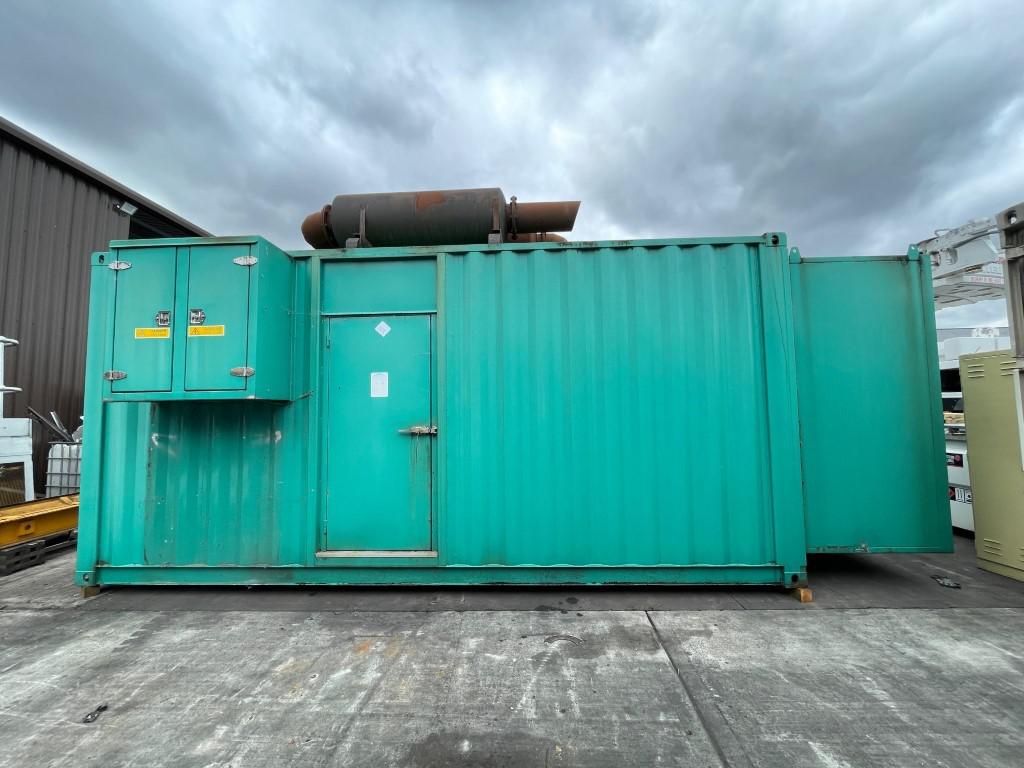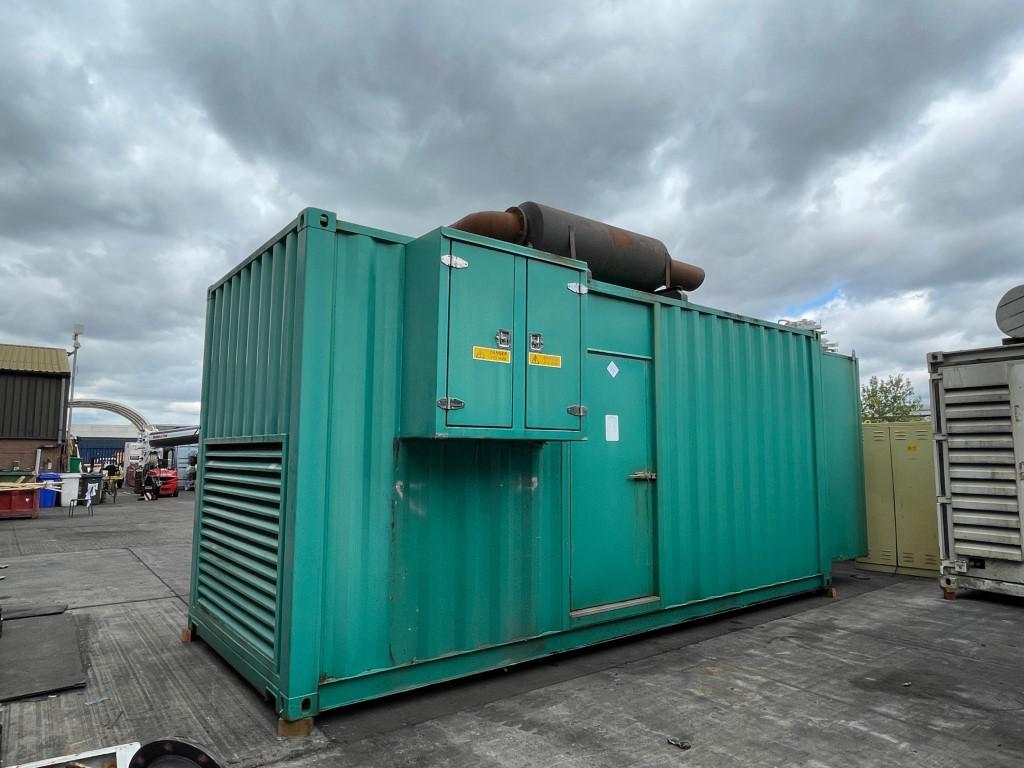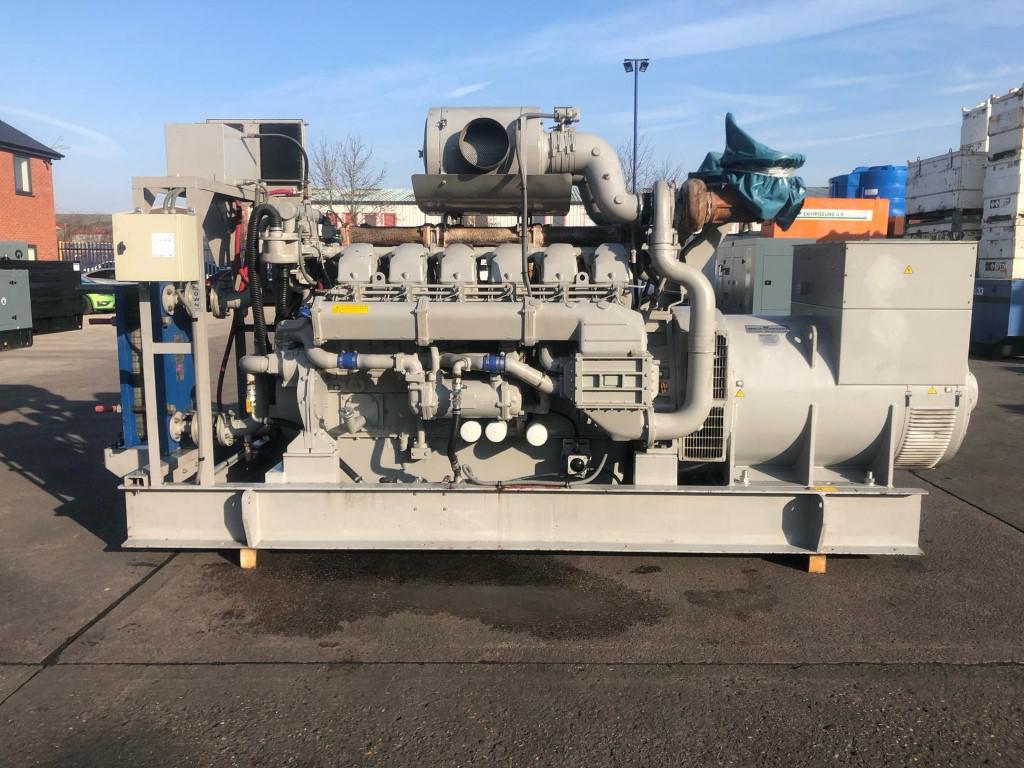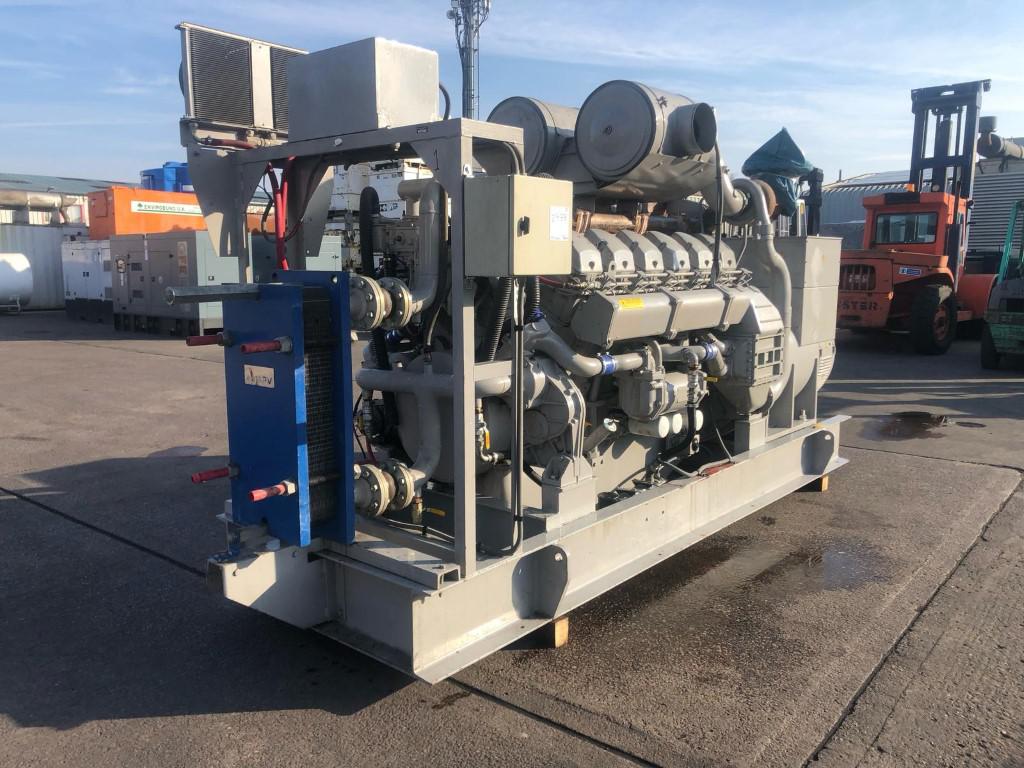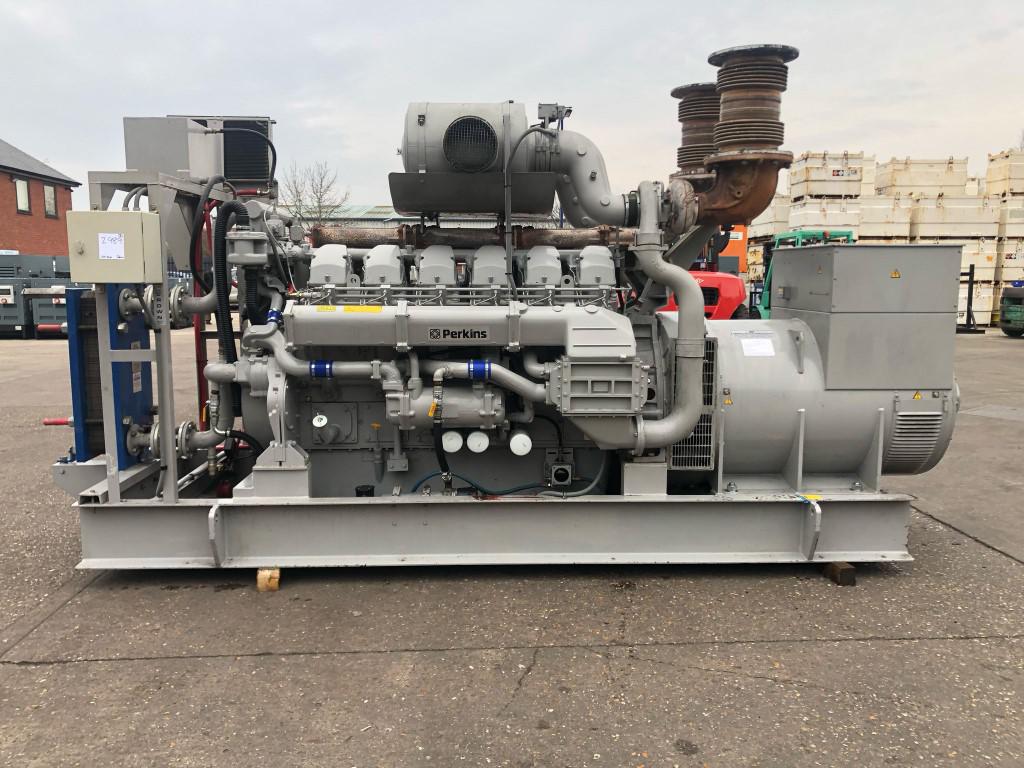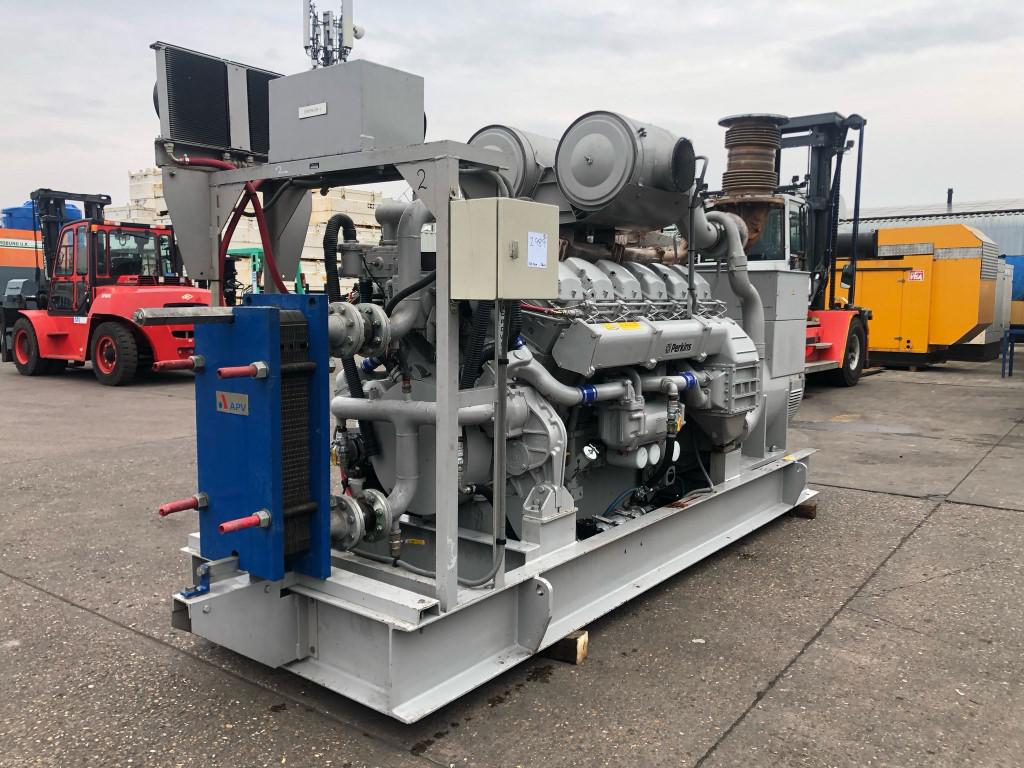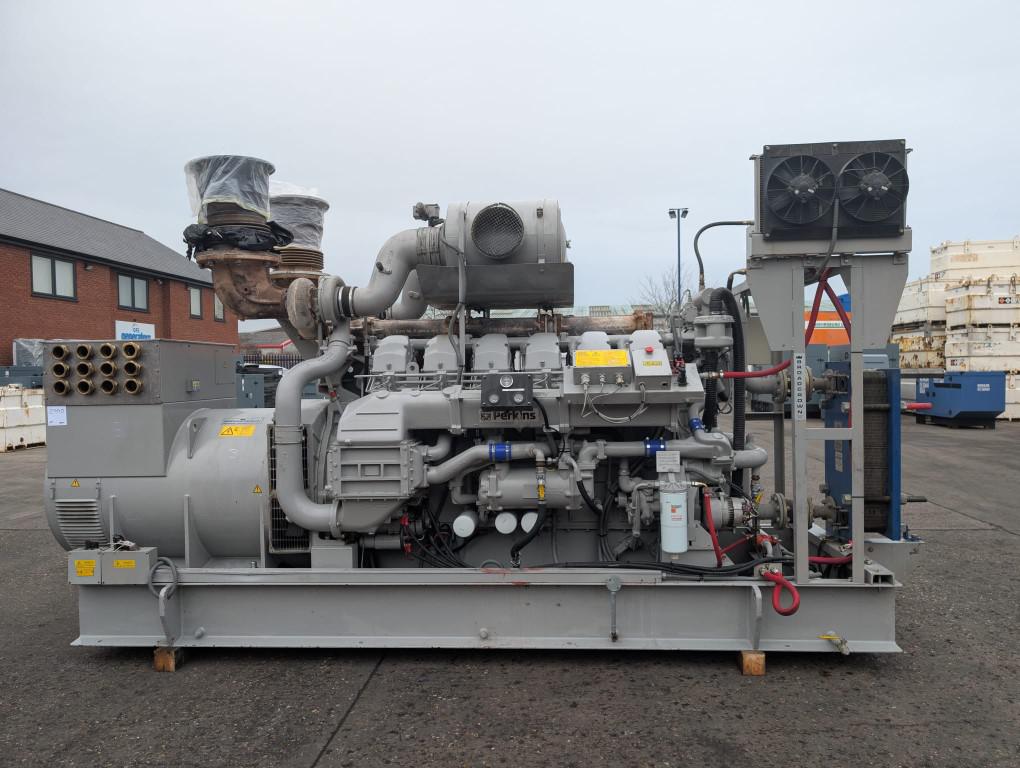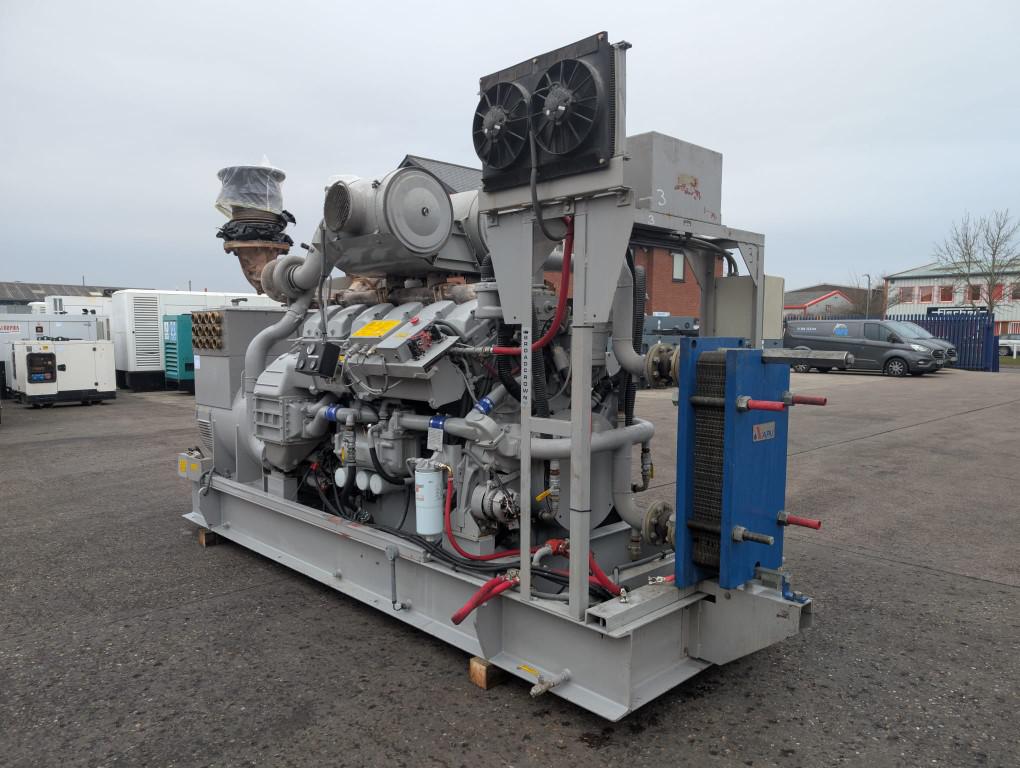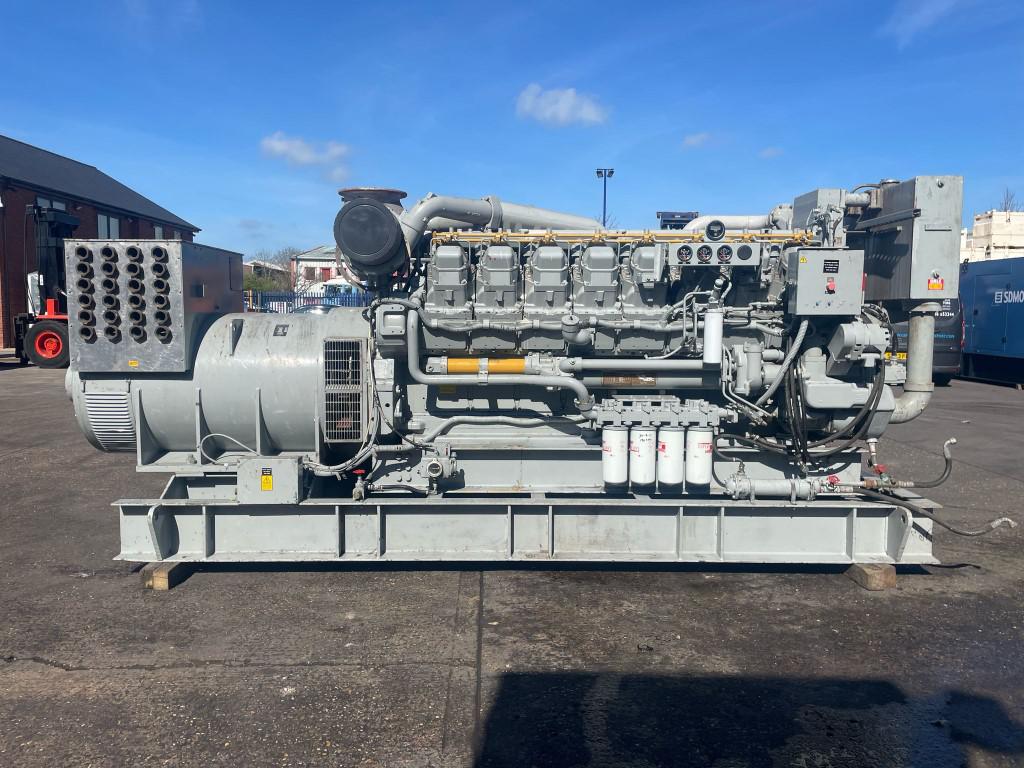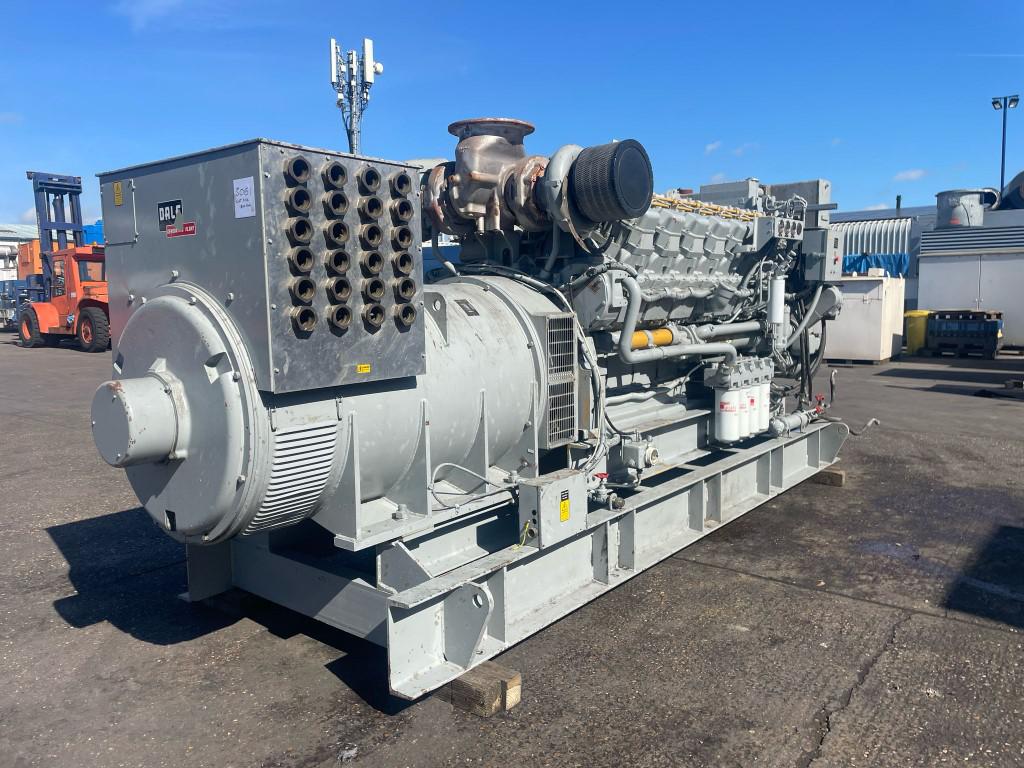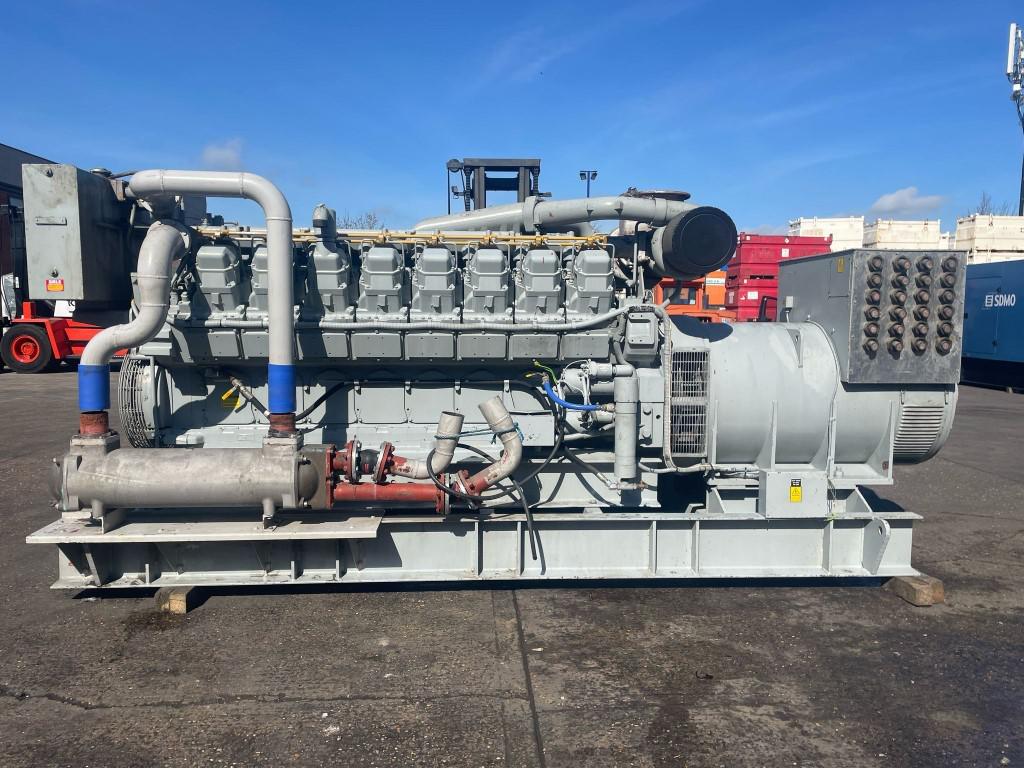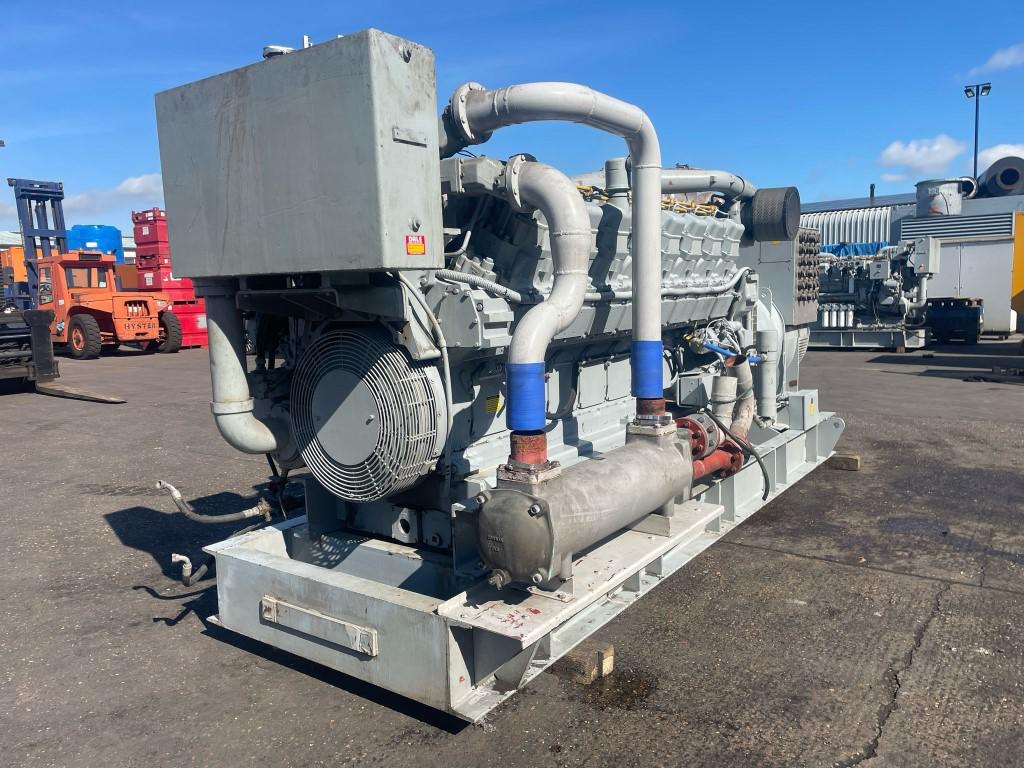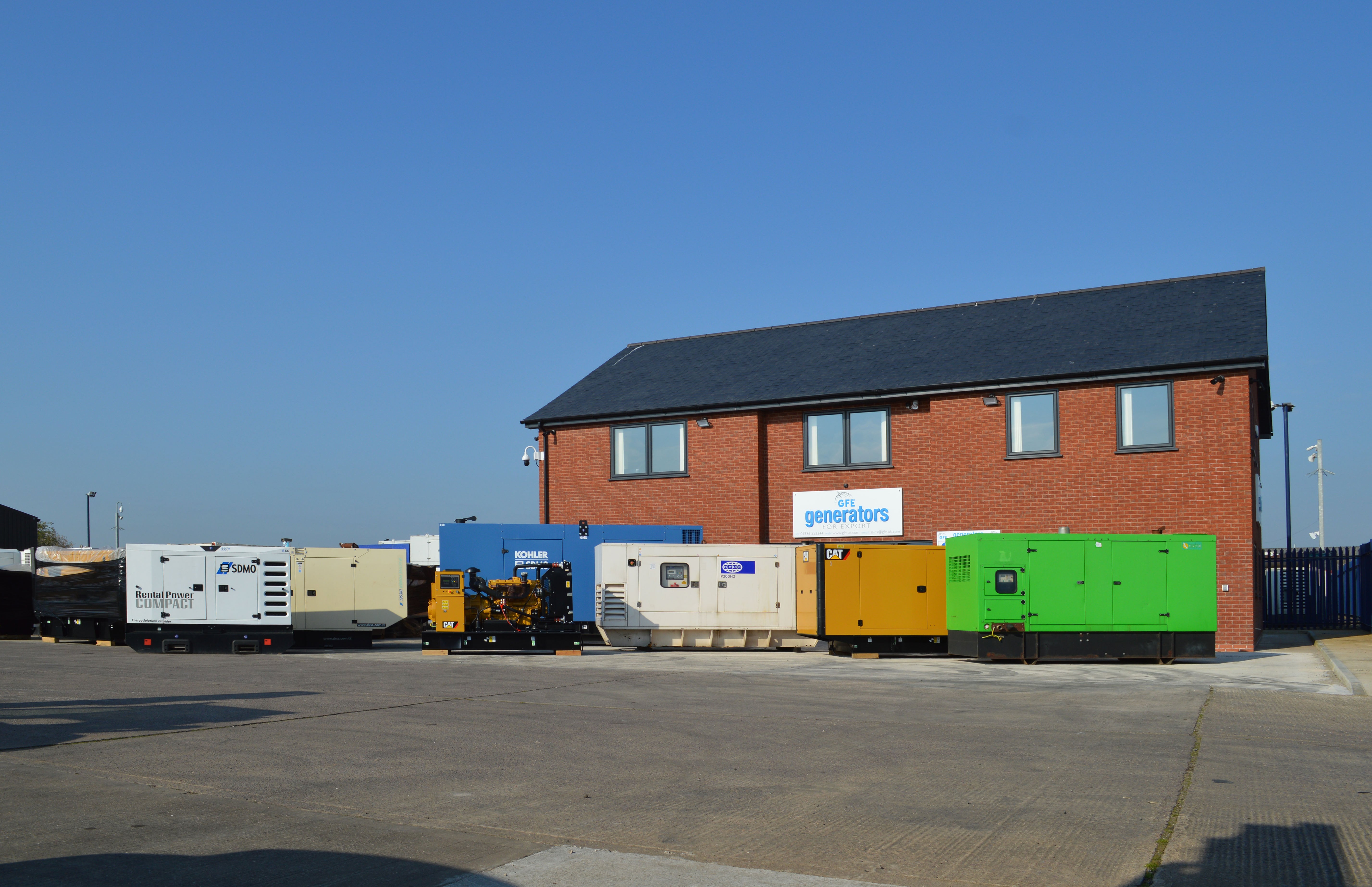Sell Your Generator
Generators For Export is a UK-based specialist in buying, selling, and exporting used diesel generators. We purchase used generators of all sizes from across the UK, offering nationwide collection and professional decommissioning services. Our team supports customers looking to sell surplus or redundant generators, as well as buyers seeking reliable used generator sets for UK use or export worldwide.
Find Out MoreIndustrial Generators FAQs
To select the appropriate generator size, assess your total power requirements by calculating the wattage of all equipment and machinery that will be powered. Consider peak load demands and potential future expansions to ensure the generator can handle your needs without overloading.
Regular maintenance includes checking and changing the oil, inspecting and replacing air and fuel filters, testing the battery, and examining coolant levels. Additionally, periodic load testing and inspections by a qualified technician are essential to ensure optimal performance and reliability.
Common safety features include automatic shutdown systems for low oil pressure or high temperatures, robust enclosures to protect against environmental hazards, and advanced monitoring systems to detect and alert operators to potential issues before they become critical.
Industrial generators commonly use diesel fuel due to its high energy density and efficiency. However, there are also options available for natural gas and propane, depending on operational requirements and availability.
Industrial generators are equipped with advanced control systems that manage load fluctuations by adjusting output to match demand. Features like automatic load sharing and dynamic load management help maintain stable power delivery and protect the generator from potential damage due to sudden changes in load.
Recently viewed
Distribution Centre
15a Goodwood Road,
Keytec 7 Business Park,
Pershore,
Worcestershire WR10 2JL
United Kingdom
Monday - Friday: 8AM - 6PM
Saturday - Sunday: Closed

